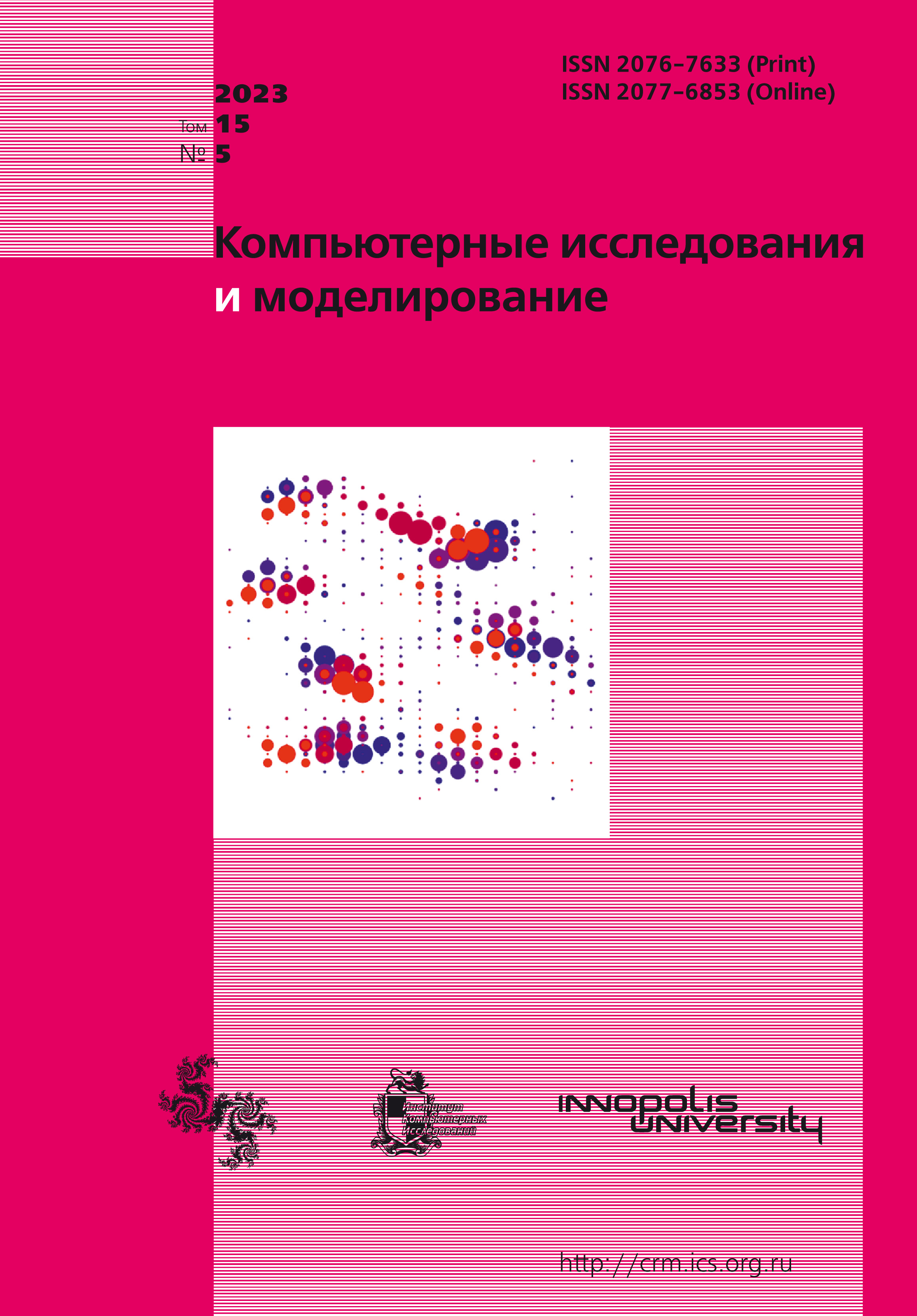All issues
- 2024 Vol. 16
- 2023 Vol. 15
- 2022 Vol. 14
- 2021 Vol. 13
- 2020 Vol. 12
- 2019 Vol. 11
- 2018 Vol. 10
- 2017 Vol. 9
- 2016 Vol. 8
- 2015 Vol. 7
- 2014 Vol. 6
- 2013 Vol. 5
- 2012 Vol. 4
- 2011 Vol. 3
- 2010 Vol. 2
- 2009 Vol. 1
Mathematical consensus model of loyal experts based on regular Markov chains
 pdf (307K)
pdf (307K)
The theoretical study of consensus makes it possible to analyze the various situations that social groups that make decisions in this way have to face in real life, abstracting from the specific characteristics of the groups. It is relevant for practice to study the dynamics of a social group consisting of loyal experts who, in the process of seeking consensus, yield to each other. In this case, psychological “traps” such as false consensus or groupthink are possible, which can sometimes lead to managerial decisions with dire consequences.
The article builds a mathematical consensus model for a group of loyal experts based on modeling using regular Markov chains. Analysis of the model showed that with an increase in the loyalty (decrease in authoritarianism) of group members, the time to reach consensus increases exponentially (the number of agreements increases), which is apparently due to the lack of desire among experts to take part of the responsibility for the decision being made. An increase in the size of such a group leads (ceteris paribus):
– to reduce the number of approvals to consensus in the conditions of striving for absolute loyalty of members, i. e. each additional loyal member adds less and less “strength” to the group;
– to a logarithmic increase in the number of approvals in the context of an increase in the average authoritarianism of members. It is shown that in a small group (two people), the time for reaching consensus can increase by more than 10 times compared to a group of 5 or more members), in the group there is a transfer of responsibility for making decisions.
It is proved that in the case of a group of two absolutely loyal members, consensus is unattainable.
A reasonable conclusion is made that consensus in a group of loyal experts is a special (special) case of consensus, since the dependence of the time until consensus is reached on the authoritarianism of experts and their number in the group is described by different curves than in the case of a regular group of experts.
Indexed in Scopus
Full-text version of the journal is also available on the web site of the scientific electronic library eLIBRARY.RU
The journal is included in the Russian Science Citation Index
The journal is included in the RSCI
International Interdisciplinary Conference "Mathematics. Computing. Education"






